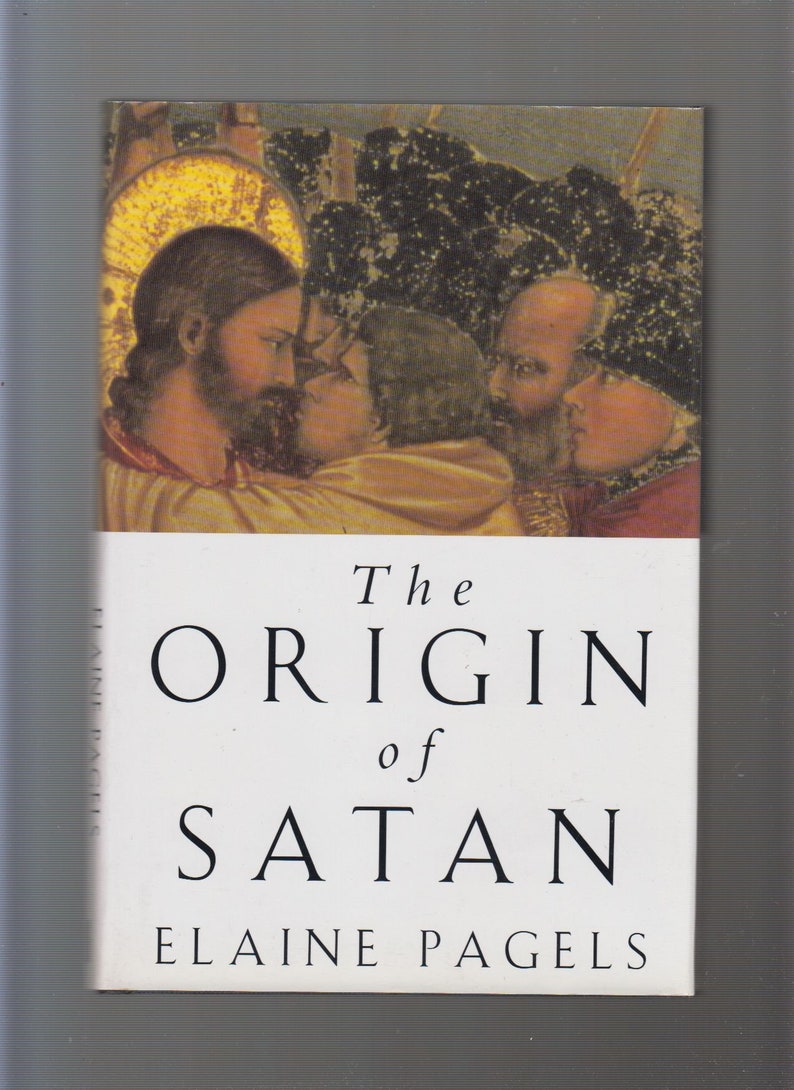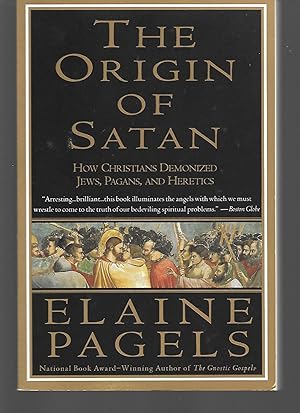

So Christianity is not rebellious, provincial Judaism bent on independence.

Negative messaging, establishing what Christianity was not, had to have been been the central part of any campaign to attract new members while keeping the authorities off one’s back. In such circumstances, accentuating the positive, the doctrines of love, peace and universal salvation (whatever they took those to mean, and it’s not clear what they did mean), is not the route to PR success. On the other hand, rocking the boat of established cults by trashing them too brutally wouldn’t have made terribly good press. It claimed affinity with Judaism as its spiritual successor yet it also had to distance itself from the seditious Jews of Palestine who were continuously challenging Roman rule. Attacked by the religionists of empire as pagan, and by its Hebrew confreres as heresy, the new religion had a number of pressing crises of identity. Broadly that intent is political, that is, to attack or defend some group, person, or other idea.Ĭhristianity had a hard time of it in its early days. Such ideas are created, adopted, and spread with intent. An idea like Satan, which lest we forget is an idea not a thing, much less a person, doesn’t get created randomly as a kind of spontaneous revelation. What Pagels reveals on her psycho-linguistic couch is rather startling. So I don’t think it’s too far fetched to suggest that historians like Pagels are really conducting cultural psychotherapy. And, least obvious of all, we can uncover our often hidden intentions, what isn’t visible at all, in what we say. The not so obvious consequence of visibility is that we can see how what we mean by what we say evolves. The obvious but largely unrecognised advantage of writing is that it makes language visible. The Gnostic Gospels won both the Nat'l Book Critic’s Circle Award & the Nat'l Book Award & was chosen by the Modern Library as one of the 100 best books of the 20th Century. As the early church moved toward becoming an orthodox body with a canon, rites & clergy, the Nag Hammadi manuscripts were suppressed & deemed heretical.

Known collectively as the Nag Hammadi Library, the manuscripts show the pluralistic nature of the early church & the role of women in the developing movement. Her findings were published in the bestselling book, The Gnostic Gospels, an analysis of 52 early Christian manuscripts that were unearthed in Egypt. The Harrington Spear Paine Professor of Religion at Princeton University, she was awarded the Rockefeller, Guggenheim & MacArthur Fellowships in three consecutive years.Īs a young researcher at Barnard College, she changed forever the historical landscape of the Christian religion by exploding the myth of the early Christian Church as a unified movement.

Elaine Pagels is a preeminent figure in the theological community whose scholarship has earned her international respect.


 0 kommentar(er)
0 kommentar(er)
